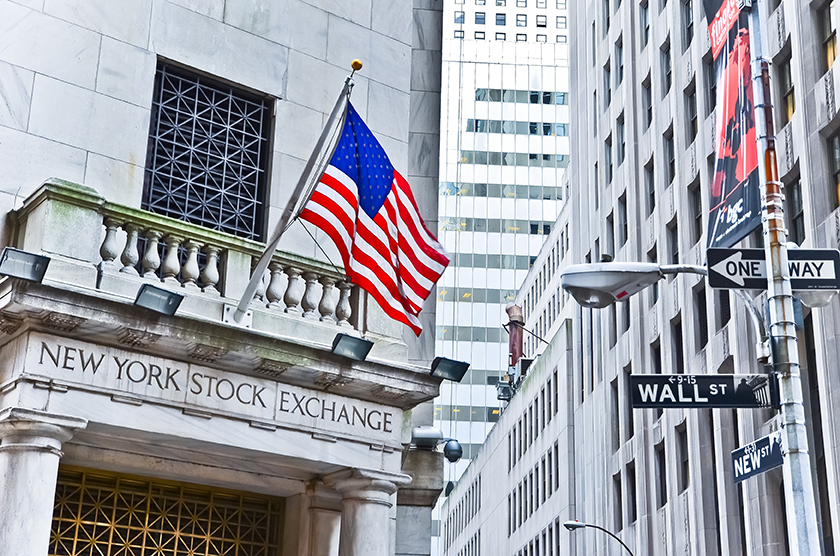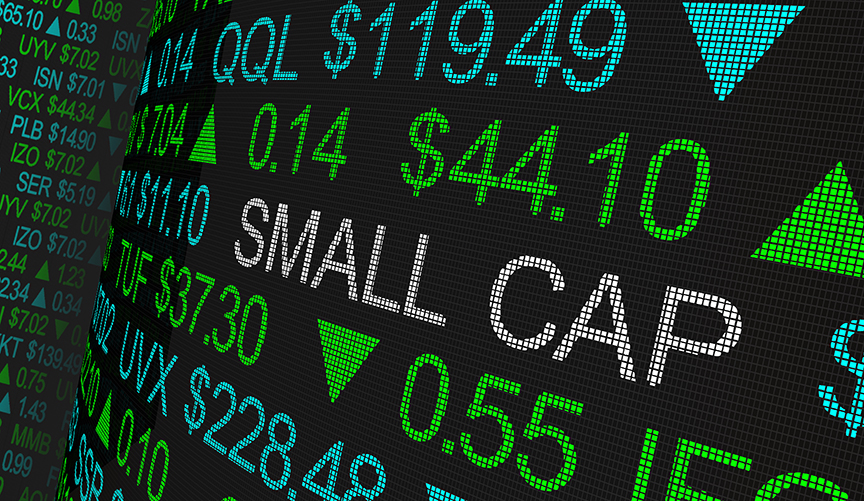
Defining Recession
You may have noticed that the post pandemic economy has been turbulent and unpredictable. While there has been talk of a possible recession for years, we have yet to completely enter a hard recession. A recession is traditionally defined as a consistent, widespread downturn in the economy. In a typical hard-landing recession, thousands of jobs are lost, consumers slow down spending and the economy shrinks. The economy’s overall output starts to decrease in at least two consecutive quarters. Some recessions have one large financial impact, while others are a gradual slowdown, [1] but in our current economy there have been major market downturns and some major positive rallies.
Experts have been using the term “rolling recession” to define the state of the current economy. In 2022 and 2023, news about a recession was met with some contradictory statistics. Despite mass tech layoffs saturating the news, the U.S. unemployment rate of 3.4% in January 2023 is at its lowest since May 1969, according to the US Bureau of Labor Statistics (BLS). Other employment sectors remained strong so far. A rolling recession describes an economic downturn that only affects some sectors at a time. With a hard recession, most sectors are hit at the same time with layoffs and financial struggles. During a rolling recession, various sectors take financial downturns at different times. After those sectors recover, the slowdown “rolls” to other areas. [2]
Currently, certain economic indicators seem to be improving. Inflation may be slowing down, and the Gross Domestic Product is doing better than expected. [3] Job markets have been strong recently, beating economist predictions, according to the BLS January jobs report. Industries with large gains in employment include hospitality, leisure, and healthcare, showing economic strength. But other areas have slowed down or are seeing downturns. When consumer confidence is low, spending decreases and causes economic growth to slow. In June 2022, prices for everyday essentials, such as gas, eggs and groceries, hit an all-time high of 9.2% compared to the typical 2% increase, according to the Federal Reserve.
What Does Rolling Recession Mean For You?
While there are no benefits to being in a recession, this is a normal part of the economic cycle. With caution, preparation and guidance, it is possible to minimize the effects of a downward economy. There are several precautions you can take to protect your financial plan; including adjusting your spending and saving habits, moving investments from volatile markets, and reviewing your current situation with a professional advisor. [5]
Understanding the connection between a rolling recession and your investing and saving plan can be key to the financial health and fitness of your retirement. If you have questions about how the current state of the economy will affect you, please reach out to us for a complimentary review of your finances.

